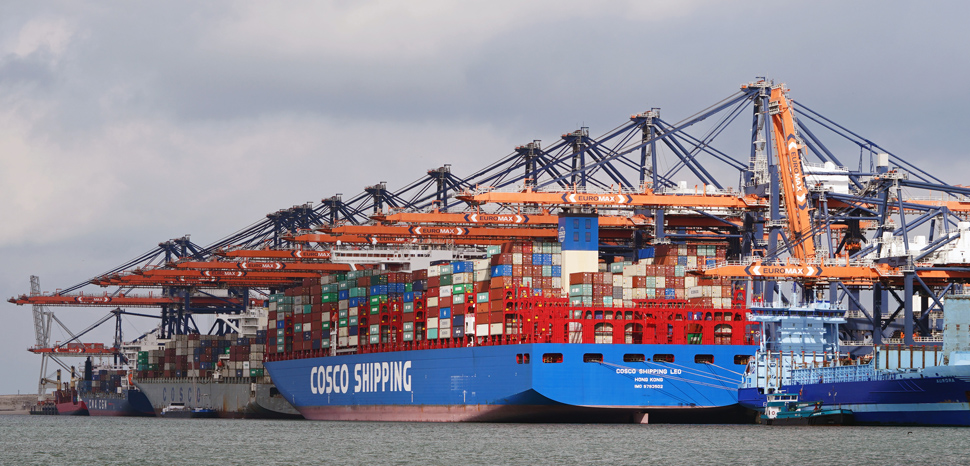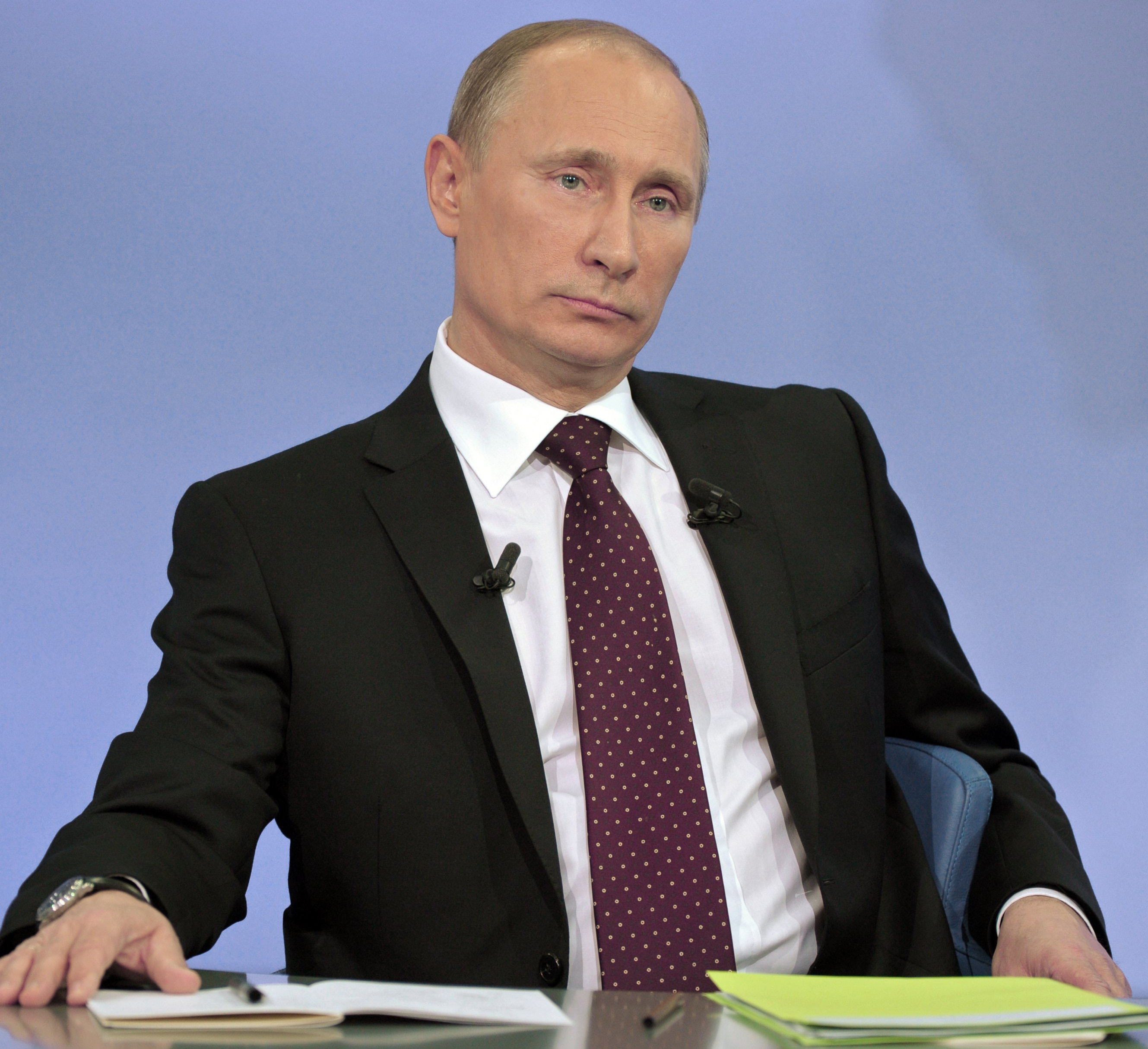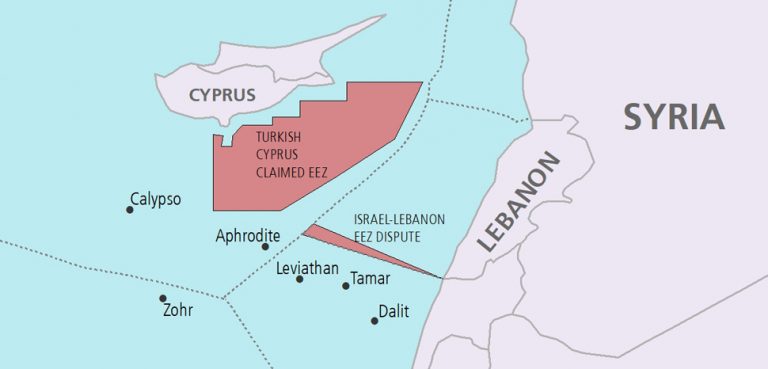Ukraine has come under a full-blown invasion by the Russian military since Putin’s 24 February 2022 shock announcement of a “special military operation” in the country’s south-eastern Donbass region. The conflict has already caused market jitters, commodity price hikes, and exacerbated supply chain disruptions. It has also prompted a well-planned and coordinated effort by major US, European, and Asian economies to raise the economic costs for Putin. The key ones being:
Financial
The US, UK, Canada and the European commission, along with Asia-Pacific countries like Japan and South Korea, have removed some Russian banks from the secure network for global financial transactions (the Society for Worldwide Interbank Financial Telecommunication, or SWIFT), disrupting their ability to operate internationally, including to finance international trade. (According to the Russian National SWIFT Association, Russia has the second-largest number of users after the US, with some 300 Russian financial institutions in the system, more than half of Russia’s financial institutions.) Major Russian banks, including the Russian Central Bank, have also been cut off from financial transactions with the US, UK and EU persons and entities.
Exports
The United States, under two new Commerce Department foreign direct product (PDR) rules, barred foreign-produced items, that are directly produced in-country or contain US-origin software or technology, from being exported to Russia and Russian military end users. Countries in the EU and others like Japan and South Korea have also minimally imposed restrictions on defence and security sector related exports to Russia.
In a sign of the wide-reaching impact of sanctions, a large swath of foreign businesses in the energy (Exxon, Equinor), auto (Ford, Daimer, Mercedes-Benz, Renault), aviation (Airbus and Boeing), consumer goods (Airbnb, Disney, H&M, Ikea, Nike, Calsberg, Budvar) and tech (Apple, Facebook, Google, Dell) sectors have started withdrawing from Russia. Some like British oil giants (Shell, BP) were under political pressure to do so from their home governments, while others withdrew pre-emptively given heightened political and regulatory risk of operating in Russia.
Implications for Vietnam Businesses
While the effects of the conflict apply generally, the following explores the implications for investors and businesses operating in Vietnam:
Sanctions Impact
Vietnamese-owned financial entities or businesses in joint-ventures or commercial dealings with sanctioned Russian entities (banks) will either find their financial assets withheld in foreign financial institutions or be unable to make international transactions (mostly dollar, and depending on the sanctioning countries, this could include euro/yen/pound, etc.). The main financial entities targeted are listed below (excluding the Central Bank of the Russian Federation, Russia’s sovereign wealth fund, the Russian Direct Investment Fund, and Russia’s Ministry of Finance). This list could widen in the coming weeks as the US and European countries in particular try to encourage more countries to sign on to the sanctions regime as well as close any loopholes.
- Public Joint Stock Company Sberbank of Russia (Sberbank) and 25 subsidiaries.
- VTB Bank Public Joint Stock Company (VTB Bank) and 20 subsidiaries – VTB’s subsidiaries include the Vietnam-Russia Joint Venture Bank (located in Vietnam).
- Public Joint Stock Company Bank Financial Corporation Otkritie (Otkritie) and 12 subsidiaries.
- Open Joint Stock Company Sovcombank (Sovcombank) and 22 subsidiaries.
- Joint Stock Commercial Bank Novikombank (Novikombank).
While not under formal sanctions, Russian oil companies have reportedly been hard-pressed to sell their output as buyers hesitate to commit to purchases and shipping companies refuse to ship Russian crude. Vietnamese oil and gas companies in partnerships with Russian oil companies would find their business directly affected. For example, Vietnam’s state oil firm PetroVietnam has two joint ventures with Gazprom and Zarubezhneft each.
Oil Prices Impact
Oil prices look to remain at elevated levels, with global benchmark Brent crude comfortably over the psychological US $100 per barrel mark, its highest since 2014. This could drive further petrol price increases in Vietnam, which are already at an eight-year high and were recently also hiked by the government multiple times since early 2022.
There remain geopolitical uncertainties surrounding Russia’s ability continue exporting oil amidst tightening sanctions and supply disruptions, in an increasingly prolonged Russian invasion. (Russia is the third-largest oil producer in the world and second-largest oil exporter, and thus it has a major impact on oil price movements.) Adding to the world oil price is a mix of local factors such as rising fuel demand as Vietnam’s post-lockdown economy opens up and local fuel shortages (Vietnam’s largest refinery, Nghi Son, is facing financial problems and has cut production by about a fifth since January 2022.)
Higher oil prices could in turn fuel inflationary pressures in Vietnam’s rebounding economy, though this risk appears contained for now. HSBC in February 2022 revised Vietnam’s inflation forecast for the year upwards slightly from 2.7% to 3%, which is still a full percentage point lower than government’s target of 4%. Labour shortages have also been easing as the majority of workers returned to work after the Tet holidays (early February), thereby reducing upward pressure on wages.
Bilateral Trade Impact
Russia is not among key markets for Vietnam’s exports, i.e. seafood, spices, coffee, footwear and electronics. But prevailing trade sanctions will introduce difficulties for Vietnam’s exporters (which include American, Japanese and South Korean MNCs based in Vietnam) transacting directly with Russian importers cut out from global payments networks. Exporters would also face shipment delays and higher shipping costs due to the war.
Vietnam’s reliance on Russia for the majority of its arms imports (84% of total arms imports by value from 2000-2019) is at risk of disruption because of Russia’s war effort, in addition to sanctions-induced trade transaction difficulties and supply chains disruption. Other major Vietnamese imports like Russian and Ukrainian wheat, Russian coal (accounting for about 10% of Vietnam’s total coal imports in 2021), and Ukrainian sunflower oil, are also subject to disruption from sanctions and supply chains.
Inbound Tourism Impact
Russia was the sixth-largest source of tourism arrivals in Vietnam pre-COVID-19. This inflow would provide a boost to Vietnam’s badly-hit tourism industry when borders reopen to international tourists from 15 Mar 2022. Vietnam, historically close to Russia, its comprehensive strategic partner, has been careful not to outright condemn Russia’s invasion, sticking to neutral lines calling for restraint and adherence to the UN charter in its foreign policy statements.
For its part, Russia has also signalled a business-as-usual approach – its tourism agency categorised Vietnam as a safe destination without any restrictions to Russian visitors. Vietnam’s airlines (and other Southeast Asian countries) have not been banned from Russian airspace. But Russian’s move to ban US, Canadian, and EU airlines from its airspace may trigger a rerouting of Europe/US to Asia air-routes, which could discourage general tourism travel to the Southeast Asia region, including Vietnam.
Looking Ahead
Putin is unlikely to abandon his thinly-veiled objective of regime-change and demilitarisation of Ukraine as long as the economic costs and political risks to his own regime remain manageable. Prospects of a diplomatic settlement are limited (evident from the unsuccessful peace talks). Similar to the pre-conflict standoff, fundamental demands from both Russia and Ukraine remained unmet. Two trajectories which could exacerbate the political/regulatory and business risks for Vietnamese investors/exporters bear watching:
First is a prolonged conflict, which could ensue even if the Russian military eventually takes Kyiv and installs a puppet regime after a sluggish campaign, as Western countries are likely to continue backing a Ukrainian insurgency to resist Moscow. A tightened sanctions regime would likely remain in place, and there is uncertainty over the extent of retaliation by a more desperate Russia. Elevated commodity prices levels, inflationary pressures, and continued trade and travel disruptions would not bode well for Vietnamese businesses and exporters.
Second is a wider NATO-Russia war. This would be a nightmare scenario that could quickly escalate into brinksmanship between NATO nuclear-armed states and Russia. Russia’s pariah state status in the international economy would become full-blown – its financial, trade, people and even digital links with the world cut off. Triggers for this trajectory could range from inadvertent escalation due to an unprovoked Russian attack on one of the NATO states along its border (e.g. Baltic states of Latvia, Lithuania and Estonia, Poland or Turkey), or if NATO states take the risky step of getting involved on the ground (e.g. covert ops to sabotage Russian targets, enforcing a no-fly zone over Ukraine).




